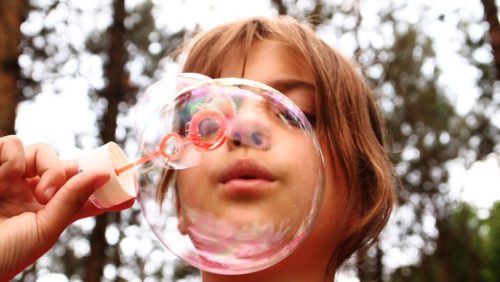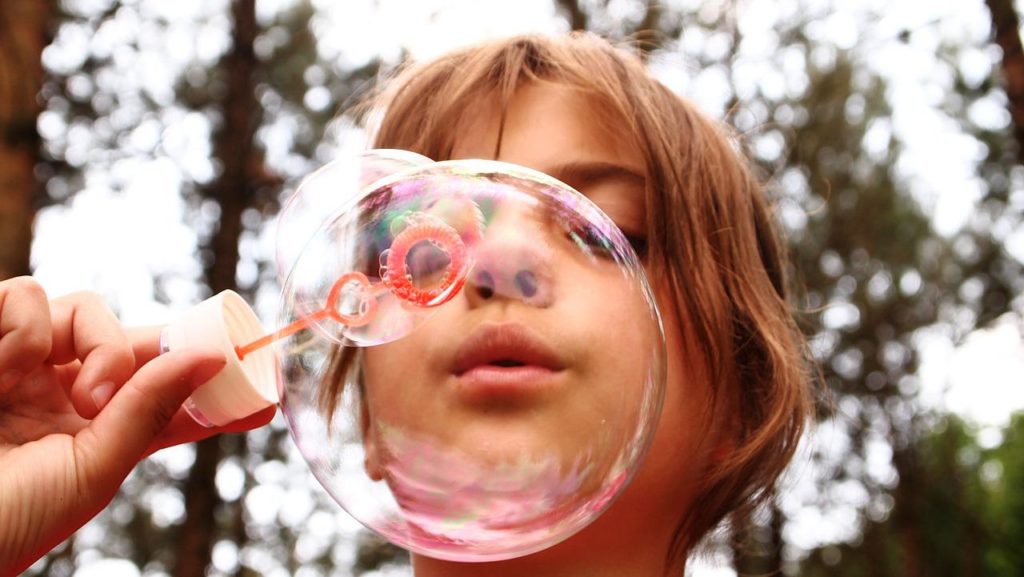
For many people who are committed to doing what works in relationships (rather than what they wish would work) there’s a moment that feels like “hitting bottom.” It might be when you realize that the person you’re in love with is radically different from who you thought they were, or who you’ve been trying to get them to be. Maybe it’s when you’re on your third–or thirtieth–love affair and you realize that it’s actually not about the other person being “wrong” or needing to change. It’s not just a matter of finding “the one.” For some couples, that moment comes on their honeymoon. For others, it may arrive when they’re on the brink of divorce.
Hitting bottom means giving up the hope of rescue and recognizing that the solution doesn’t lie “out there.” Change needs to begin with you.
That change can begin with listening to yourself. From there, it become easier to attune to your partner, and listen to them.
Attuned Mirroring

Attuned mirroring, in a healthy relationship, is a gift a person gives to another without losing anything in the process. David Richo, in his audio series Growing Pains and Growing Up describes how attuning to a partner can give them what they need in order to experience healthy attachment, sometimes for the first time. This can then free someone to be more of who they are. Attuning doesn’t cost us anything, or take anything away from us. Richo likens it to the way we used to be able to download a program onto a new computer, remove the original disc, and still have both the original disk and a new copy of it that now functions independently of the original (thankfully, downloading is done directly through website links, now, and is so much easier…)
Therapy can sometimes provide this experience of “attunement,” helping clients develop insight, strengthen awareness, and learn to trust. But when partner’s can attune to each other on a regular basis, important healing experiences can be accessed “at home” in a consistent and reliable way.
For better or worse, a committed romantic partner can serve as a stand in for early attachment relationships. Over time, positive experiences with a partner have the potential to create the conditions that can allow you to process overwhelming feelings within the container of another person’s supportive, care. Adults long past childhood often need psychological and emotional scaffolding to “grow up” the parts of themselves that may have remained stuck at earlier stages of development.
The Alchemy of Marriage (Science and Magic)

Most of us come to an intimate relationship with so many expectations. We believe it will fill us up, complete us, give us consistent comfort, and help us find meaning and purpose in our lives. But one of the blessings–and some might argue curses–of being in an intimate relationship is that it shows us where we’re not taking responsibility for our own happiness.
“Hitting bottom” in a relationship can lead to discovering where the relationship falls short of the demands being placed on it. Sometimes, people leave the relationship and look for a new one. Sometimes, people stay but remain dissatisfied.
With a little luck, partners can wake up to another option: seeing themselves and their partners with more clarity, objectivity and compassion. From this position, it’s easier for each partner to recognize their individual part in what’s not working in the relationship.
Whether we know it or not, we’re all researchers. Marriage offers us a space for ongoing controlled experimentation with another person who will trigger patterns of thought, feeling and behavior in us that we can look at, examine, and consistently challenge over time.
This predictability offers us what researchers call the “control.” The control is that part of an experiment we use as a point of comparison, a way of measuring progress while we evolve and take risks. The different outcomes that result from doing things differently in a real-time love relationship allow us to test and develop new hypotheses about sustainable love.







